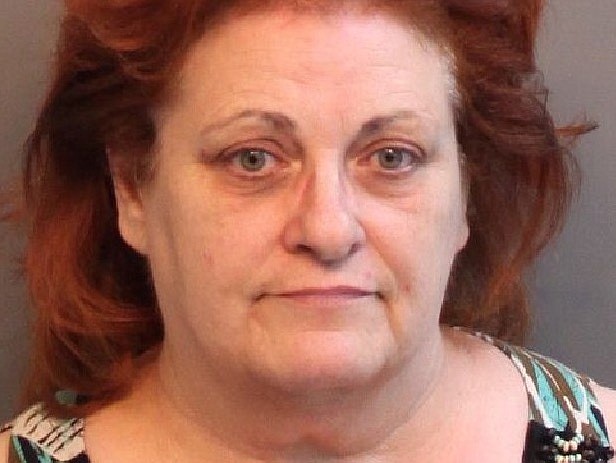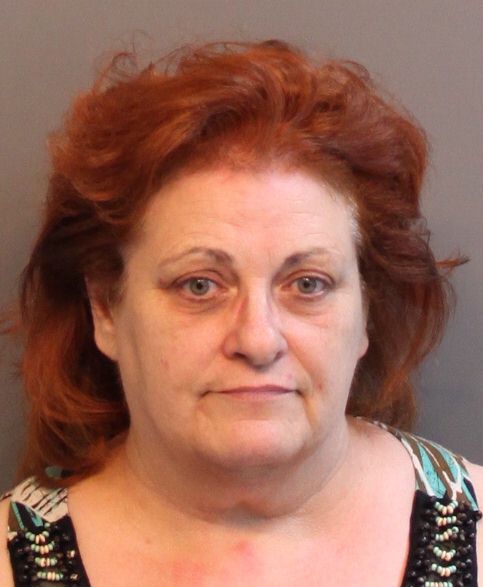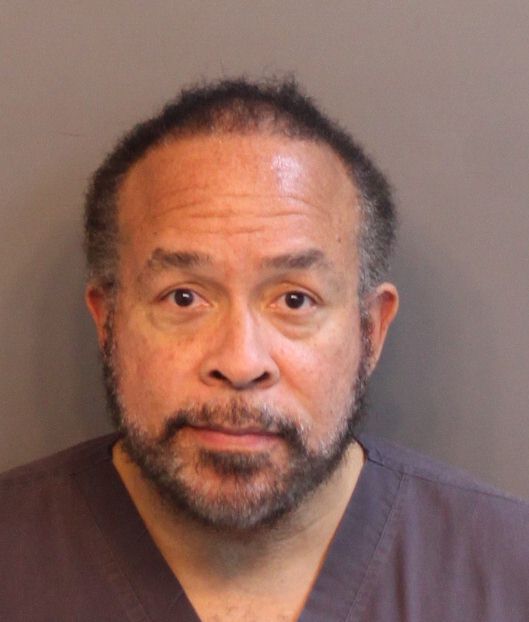Aunt Bea doesn't look like a drug dealer.
In a federal courtroom Monday, the 60-year-old's white hair was piled up and tied into a bun. She peered through thick glasses when she passed notes to her attorneys. Her image didn't seem to match the crimes she's accused of committing. And while prosecutors say she was running a cash-only pill mill out of several Chattanooga clinics, she also was leading a Bible study for the men and women who bought the prescriptions.
Prosecutors say Aunt Bea, whose real name is Barbara Lang, owned and ran pain management clinics with three others that offered highly addictive painkillers such as oxycodone and hydrocodone to addicts and others who resold them on the street.
Lang was arrested in 2012 and faces 12 charges including conspiracy to distribute controlled substances, structuring transactions to avoid reporting requirements and concealing a person from arrest.
Her jury trial began Nov. 3 and is expected to continue, on nonconsecutive days, until some time in December. Dr. Jerome Sherard faces trial in the same case. If convicted, they could face up to 20 years in prison.
Lang's daughter, Faith Blake, and Charles Larmore, a nurse practitioner, pleaded guilty earlier this year in connection with the case. They await sentencing.
During testimony last week, an undercover agent with the Tennessee Bureau of Investigation testified about the sleepy, slurring people he found crammed into the lobby of one of the clinic's locations.
"It reminded me of Wal-Mart on Black Friday," said the agent, who did not want to be named as he is still undercover. "Like I said, it's something I've never seen before."
He also talked about the strange procedures patients underwent when they entered the clinics for the first time.
In addition to filling out paperwork, the agent said, Blake told them about pharmacies where their prescriptions would be accepted and warned them not to enter those pharmacies all at once. She told them not to make a mess in the office bathroom -- if they did, she said, she would withhold their prescriptions.
And they were told they would be randomly sorted into Bible study, a psychology class or given a massage. They had to complete their assigned class, or they wouldn't get their prescriptions.
Prosecutors Monday called Dr. David Kloth, a pain management expert who practices in Connecticut, to testify. Kloth described his own practice, where a process of constant vigilance for slurred speech, sleepiness, faked injuries and evidence of addiction helps separate addicts from patients with true conditions.
Kloth said he had reviewed 24 patient files from Superior One, Primary Care, Elite Care and other clinics connected to the case. Those files contained no real diagnoses, inadequate medical histories and unsatisfactory physical examinations, Kloth said.
"When they had a urine drug test that was abnormal, nothing was done," Kloth said.
Prosecutors say patients were given Oxycontin, Valium, Xanax, Ambien and other drugs. Kloth said his review found some patients were prescribed volumes of medication that would only be appropriate for cancer patients. If they were taking them all as prescribed, Kloth said, they'd be dead.
But on his cross-examination, defense attorney Bryan Hoss attempted to distance Lang from the prescription process Kloth described. He pointed out that under Tennessee law, supervising physicians and nurse practitioners -- Lang is neither -- were responsible for developing protocols for prescribing those medications.
The trial is expected to continue today.
Contact staff writer Claire Wiseman at cwiseman@timesfree press.com or 423-757-6347. Follow her on Twitter @clairelwiseman.


